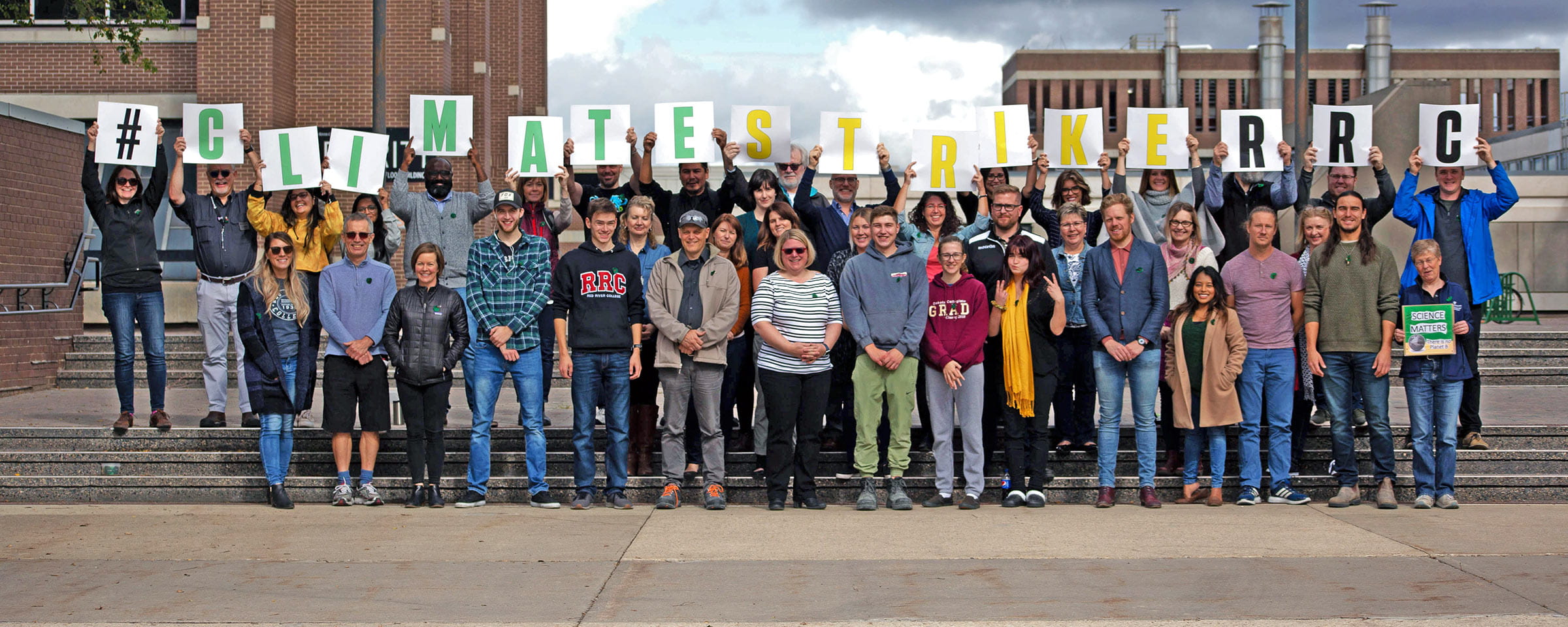International Compost Awareness Week: Championing Nature’s Climate Solution

From May 5th to 11th, communities and organizations around the world will come together to raise awareness about the importance and benefits of composting for the environment and for local communities. This year’s theme, “COMPOST…Nature’s Climate Champion,” highlights the fact that composting plays a key role in mitigating climate change.
Understanding Composting
Composting is a natural process in which organic materials decompose and are transformed into a nutrient-rich product. These organic materials are usually items such as food scraps, yard trimmings, and untreated paper and cardboard. Through the actions of bacteria and fungi and sometimes worms, these waste materials are broken down and converted into a valuable resource that can be used to enrich and conserve healthy soil and promote the health of our plants and gardens.
Composting and Climate Change
But how does this serve to mitigate climate change? One of the things we need to know is that when organic waste breaks down in the absence of oxygen (such as when it’s buried in a landfill) it generates methane. Methane is the second most abundant greenhouse gas (GHG) in the atmosphere, after carbon dioxide (CO2), but it has a much more detrimental impact; Methane traps 80 times more heat from the sun than CO2!
Through the composting of organic waste, methane emissions from landfills are reduced, as well as returning compost to our soils, which reduces or eliminates the need for synthetic fertilizers and increases the amount of carbon sequestered in the soil.
RRC Polytech’s Composting Initiatives
RRC Polytech is committed to diverting organic waste at both our Notre Dame Campus and the Paterson GlobalFoods Institute (PGI), part of the Exchange District Campus.
The Notre Dame Campus has a pre-consumer composting program, which diverts the kitchen food prep organic waste as well as unserved leftovers which are collected by both Culinary Arts students and Food Services staff. This waste is transported to a compost pile managed by the Grounds Department and is used to fertilize the College grounds.
The PGI program involves composting pre-and post-consumer organic waste. We encourage staff, students, residents, and customers to contribute to our composting efforts. Public compost bins at this location accept a variety of items, including food scraps, napkins, wooden sticks, and compostable takeout containers. These organic wastes are then removed by Compost Winnipeg, a local social enterprise, which handles the composting for us off-site.
Improving Sustainability
To enhance our sustainability efforts, we can take two key actions. First, learn about and utilize the College’s composting programs. If you’re at PGI, use the specialized containers for organic waste. Student residents can request a compost tote and participate in on-site composting. For staff and students who don’t live on campus, we can also take the personal initiative by composting food waste at home. This not only reduces the amount of waste sent to landfills, but also produces nutrient-rich compost for your home garden or yard. If you are interested in learning more about composting and how to get started, we encourage you to visit Green Action Centre’s website. They offer valuable resources and guidance on composting techniques and best practices, whether your live in a house or an apartment.
Another key thing for all of us to remember is that prevention of organic waste is still the best strategy. Actions such as planning food purchases, buying fresh foods in adequate quantities, storing food properly, and prioritizing the consumption of leftovers serves to minimize the generation of food waste while also saving money.
Together, by adopting food waste prevention strategies, as well as composting at both an institutional and individual level, we can contribute to a healthier environment and a more sustainable future.
